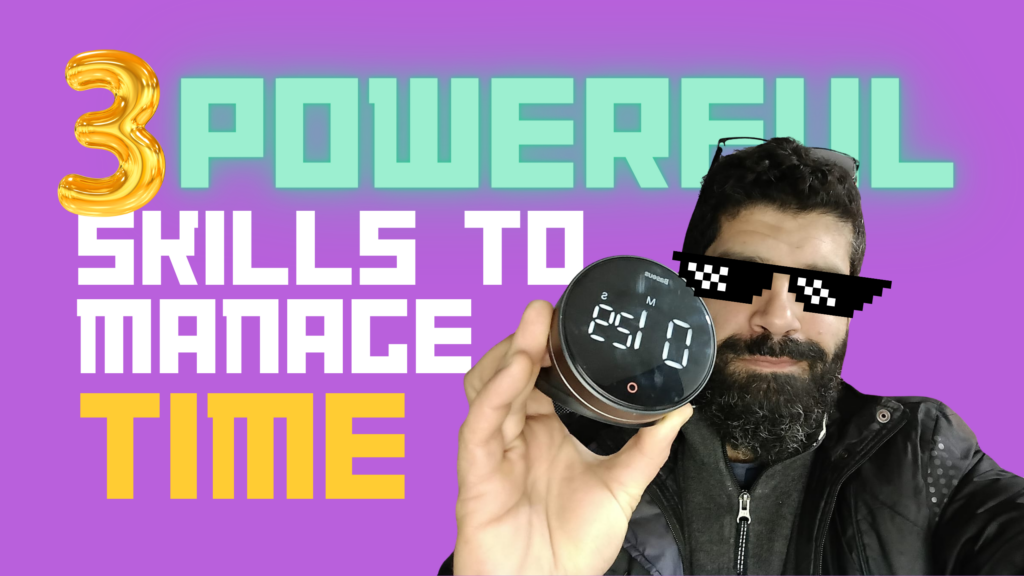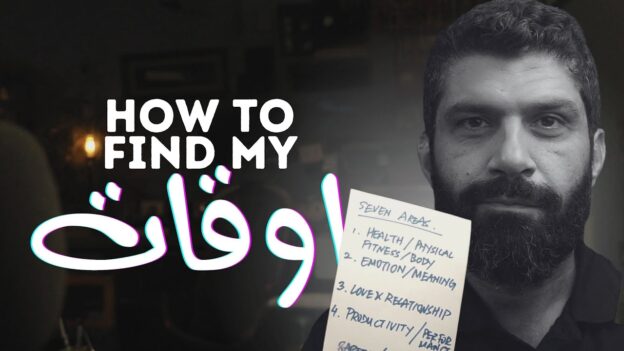What is the basic definition of talent? Let us argue from first principles. The fundamentals!
What is talent? It usually means that the person a default configuration. He or she has the genetics for it. When we say someone is talented, we usually mean that person has the genetics for it. Naturally good at it.
But then the confusion starts.
Someone who’s 7 feet 5 inches is considered “talented” when it comes to basketball versus someone who is 5 feet 7. And once you say it like that, you can see that a person’s “talent” to play basketful was directly correlated to that person’s height.
But we will still insist that the person is talented for basketball.
The person was not born with the skill of playing basketball. He was born with the genetics of being very tall. That “tallness” contributed greatly towards that person’s interest in basketball. And that interest contributed towards that person playing a lot more basketball than others. And that eventually lead to that person being good at basketball.
The other side of talent is skill.
Skill is something we can acquire. But we confuse skill and talent all the time.
You may see someone who is very good at presentations and public speaking. “He is talented at it” you may think. But what you are seeing is the skill.
Everything is a skill. We need to remember that.
Everything is a skill.
And someone who’s talented will find it easier to acquire the skill. But the end game is the skill itself.
You can’t deny talent. But you also can’t deny sheer discipline.
Talent needs to be “translated” into a skill.
So do we need talent to succeed? No. We need the skill.
All skills are not created equal
In the world of capacity development, human resource development and any other corporate term you may throw at this, the two main distinctions of skill are as follows:
- Hard skills
- Soft skills
Hard skills are technical, step-by-step skills. Coding in python is a hard skill. Changing your car tire is a hard skill. Hard skills are called “hard” not because they are difficult, but because they have “hard edges”, as in they are easy to define and categorize.
Soft skills are not that easy to turn into steps. Time management is a soft skill. Communications is a soft skill. Public speaking, writing, influence, relationships – these are soft skills.
Calling these skills as “soft” skills is really a tragedy. Soft sounds easy. Soft sounds not as important. But these soft skills are critical. They are fundamental. They are also called Essential skills. Because they are essential. And far more important than hard, technical skills.
Consider this: you need to learn web development. Web development is a hard skill. Not hard to learn, but hard as in easy to define into steps. You have the best teacher for it. But you are not good at time management. Will you be learn web development better as compared to someone who is great at time management? Of course not.
Essential skills are exactly that: essential. Once we learn them and practice them, we can master any hard skill we set our minds to.
The secret of success
This is a secret because it is unseen and easy-to-miss. This is a secret because this is a fundamental.
- See everything as a skill.
- Break down that skill into steps.
- Find step 1 so you know what to do next.
- Then see which essential skill is required to learn so that step 1.
And you know what that means? Whatever you want in life, you can have it as long as you work on your essential skills.

The list of essential skills
- Focus. The ability to find and maintain focus
- Structure. The skill to manage commitments and promises you make with others and yourself
- Mindset. The ability to manage your emotions so that you tell yourself to get excited about the right activities (yes, regulating emotions is a super useful skill)
- Courage. The ability to make decisions
- Communications. The skill of communicating your thoughts in the most suited manner depending on the audience
- Influence. The ability to influence others with your ideas.
- Confidence. The skill of presenting your case in the best of light
When was the last time you tried to build one of your essential skills?
Isn’t it time you start building your own self, so any challenge the world throws at you, you are ready and fully prepared?
If you want to start improving your essential skills, I invite you to checkout my premium membership – it will inshAllah help you achieve this goal.



